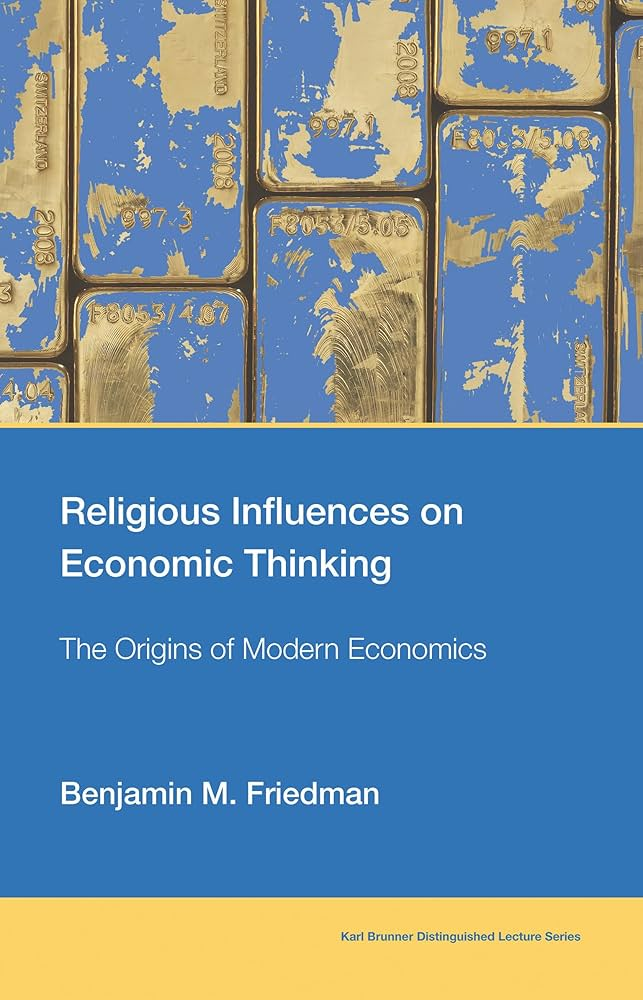Long after the fundamental influence of religious thinking at the inception of modern economics, even as the economy of the Western world evolved and the questions economists asked changed along with it, the field continued to be shaped in part by religious thinking. By then, however, much of the fundamental conceptual underpinning of the discipline was set. What religious thinking helped to shape, as the discipline matured, was more the empirical implementation of economic thought and its application to issues of economic policy. Nowhere has this influence been more evident than in America.
The chief economic issue under debate in the United States in the first half of the 19th century (leaving aside the economic aspects of slavery) was international trade. Not surprisingly, the subject became a principal focus of attention among the country’s new wave of Adam Smith-influenced economists. In contrast to Smith, in the early United States, many of the leading teachers of and writers about economics were religiously committed men. Where Smith invoked the invisible hand of the market forces he laid out in such detail, they saw the hand of God at work — much as Newton had argued was the case in the physical world. John McVickar, who taught the first college course in economics given in America (at Columbia), was an Episcopal priest. Francis Wayland, author of the best-selling American textbook on economics before the Civil War, was a Baptist minister. Francis Bowen, author of the major competing textbook, was not ordained but was nonetheless closely associated with the Unitarian movement.
All three of these economists, whether for free trade or against, framed their arguments in explicitly religious terms. McVickar, a strong proponent of free trade, followed earlier thinkers like Montesquieu and Thomas Paine in hailing international economic relations as a route to peace among nations. Arguing that beneficial consequences of human actions occur because a benevolent God makes them so, he wrote in the 1830s, “I cannot but reverence the claims of free commerce as something holy, something allied to the policy of a higher power than man.” Even more strongly, in another work McVicar stated, “To forbid trade among nations is, therefore, a very unwise thing; but it is also a very wicked thing, for it is contrary to the will of God.”
